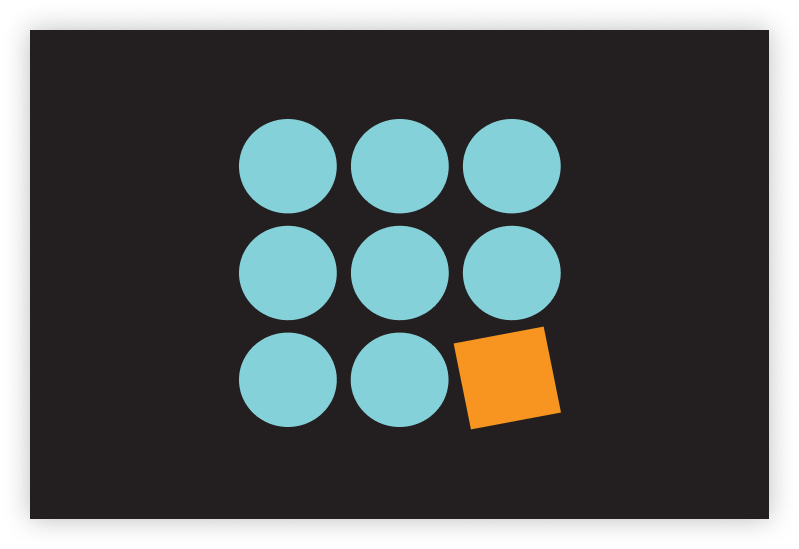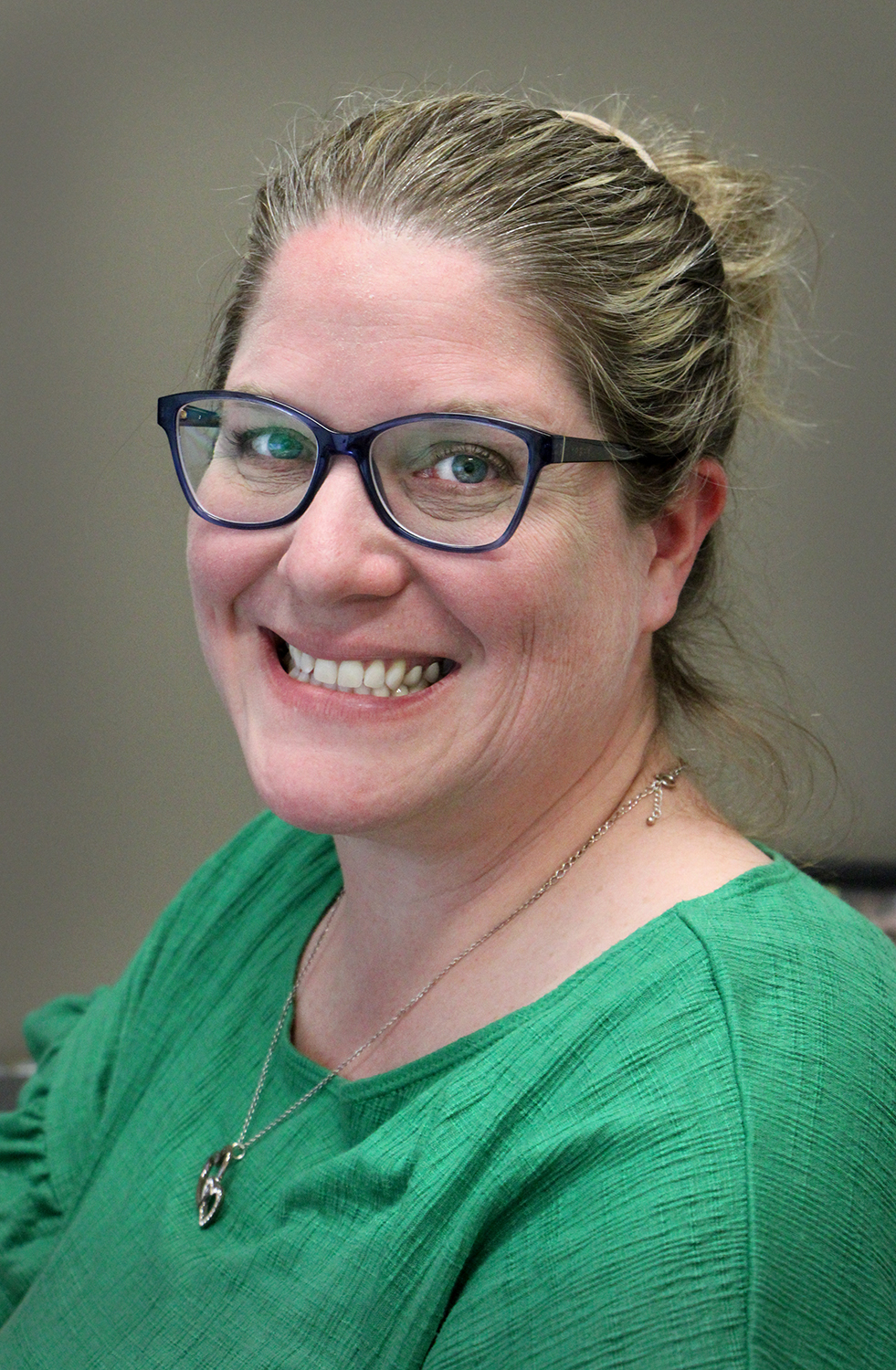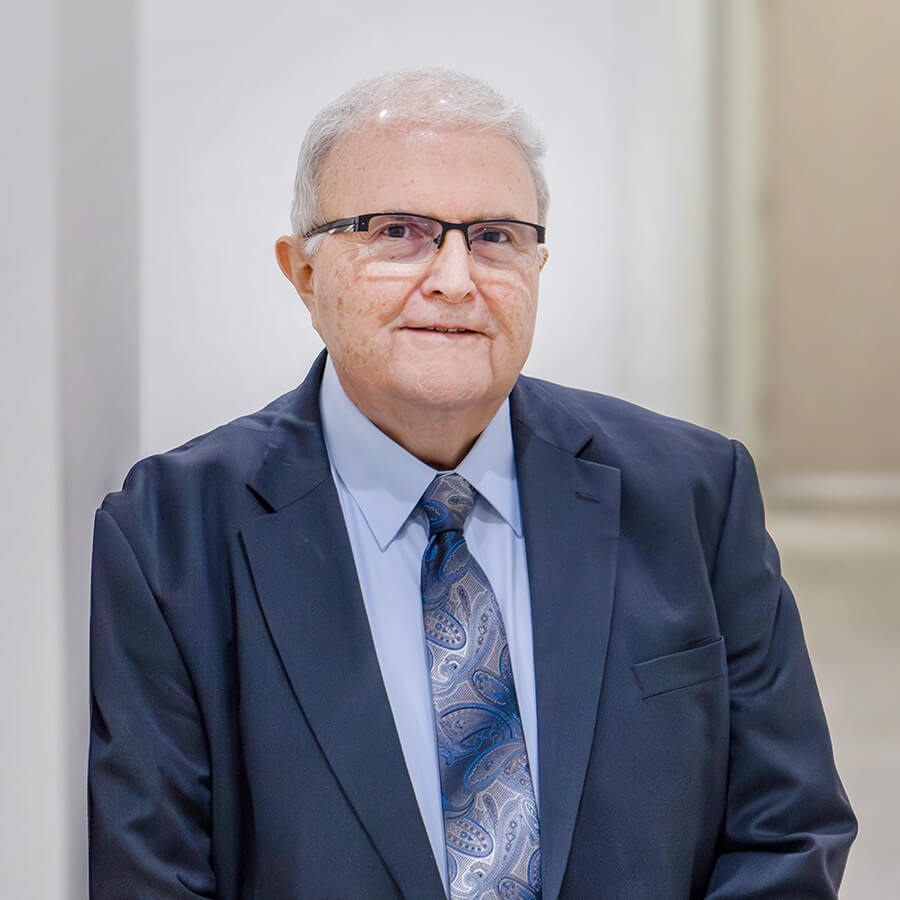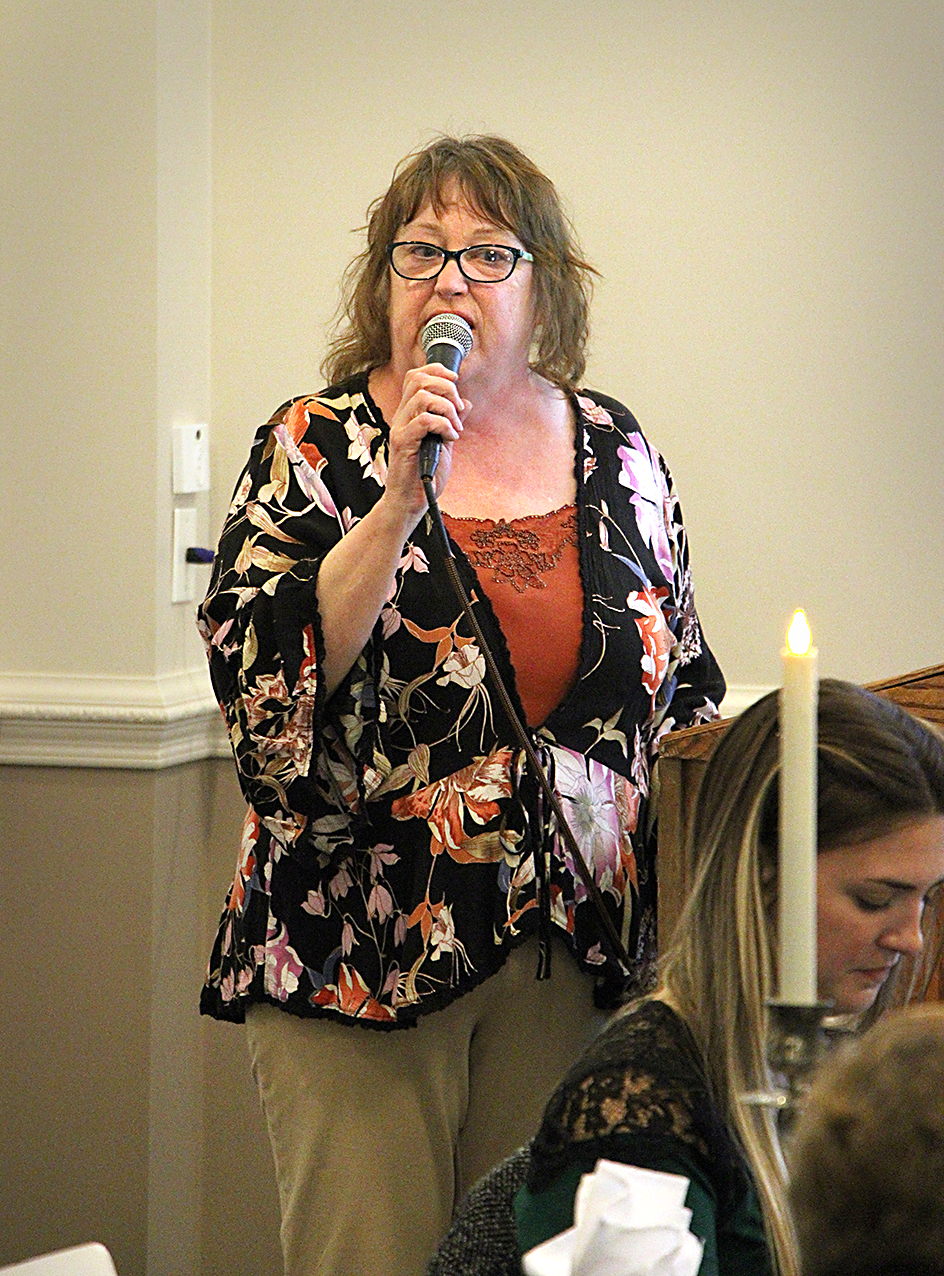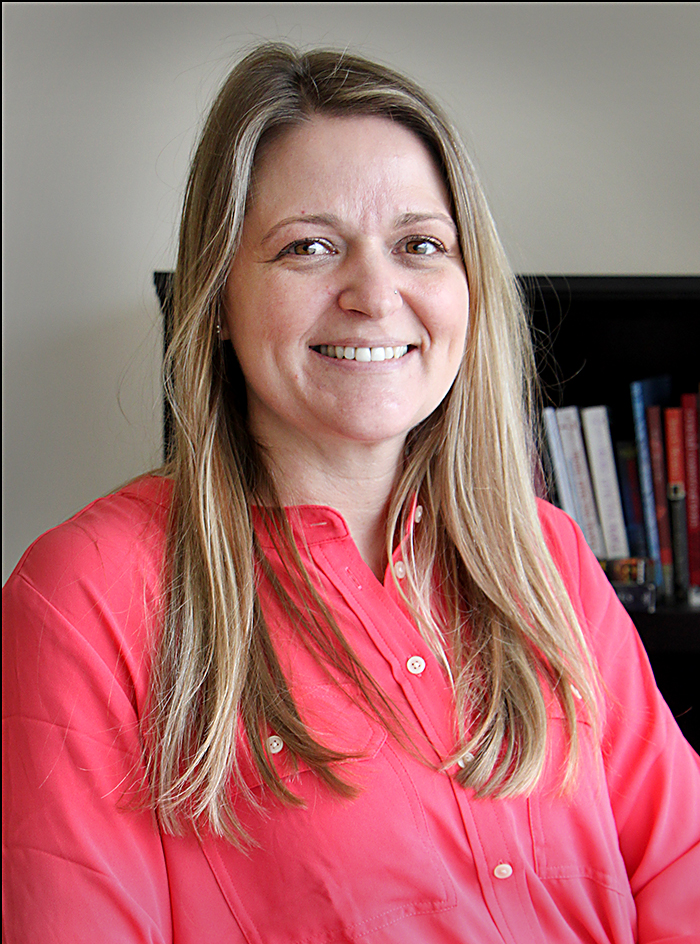- News
- Commentary: For independent living centers, CDPAP is about…
- RCIL News
Commentary: For independent living centers, CDPAP is about care, not money
The network of disability-led organizations served as far more than "fiscal intermediaries," and the service they provided is in jeopardy.
By Lindsay Miller
April 17, 2025
For the state’s network of independent living centers, the Consumer Directed Personal Assistance Program was never about money. It was about individual autonomy and freedom. CDPAP – originally called the Patient Managed Home Care Program — was started by people with significant disabilities to give disabled people control over their lives.
Although the program’s growth has been attributed to fraud, CDPAP grew because traditional home care has failed people with disabilities. Frankly, CDPAP has been the only viable option for home care services upstate. CDPAP is also the only program that provides assistance with health-related tasks, which include something as basic as giving a disabled person over-the-counter medications.
The 11 independent living centers that have served as fiscal intermediaries for the past several decades were much, much more than “middlemen” who processed payroll and billing. Our centers were staffed by frontline workers who assisted other disabled people in being successful at managing their services.
As fiscal intermediaries, we provided:
- Training on supervision and attendant management skills for consumers
- Assistance with recruiting, which included “open interview” nights at centers
- A place to interview candidates outside a person’s home
- Advice and support for dealing with difficult supervisory situations
- A local office where workers could submit paperwork and pick up checks
- Support for supervisors during difficult meetings and terminations
Although everyone has been reassured that services are not being cut, the state’s new model under Public Partnerships LLC eliminates all of these supports, developed over 30 years of successful operation and allowing disabled people to thrive.
Our network leveraged this program to create jobs for disabled people and used the program to transition people out of institutions. With CDPAP, people with disabilities who had been institutionalized were able to return to community living or — for those institutionalized as children — to experience freedom for the first time in their adult lives.
Under the new model, our network remains part of the program with a minimized role and no control. Now, our vibrant network of disability-led organizations functions as customer service representatives for a large for-profit private equity company, and our continued participation is not guaranteed. In fact, centers were recently notified by PPL that their contracts may be terminated.
Two independent living centers in our network joined a lawsuit against the state because Medicaid services were essentially being terminated without notice or due process rights. Under the state's plan, personal assistants were denied their rights to timely pay and legally required benefits, which put disabled people’s lives and freedom at risk.
Although we were told that PPL was on track to meet the transition deadline and that the problems they experienced in other states were in the past, history is repeating itself in New York. The state and PPL have taken no responsibility for their own failures, blaming everyone else — unscrupulous fiscal intermediaries, disabled people, their workers and even the media — for their own botched rollout.
It is time for the state to rethink its approach. Let’s recenter the discussion on what is truly important: the people with disabilities who need these services and the workers who make their freedom and independence possible. The independent living network is eager to engage in those discussions.
Lindsay Miller is the executive director of the New York Association on Independent Living.
